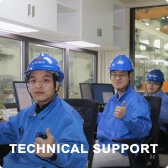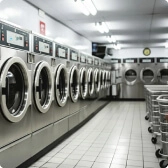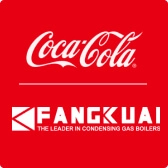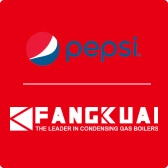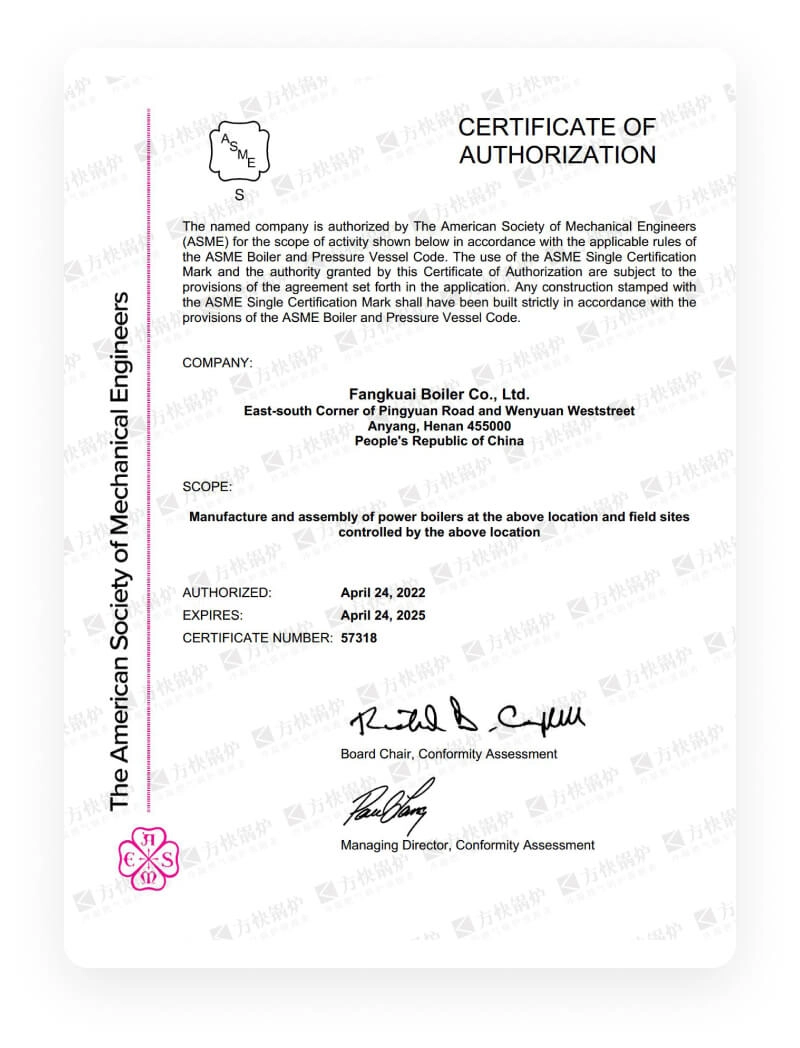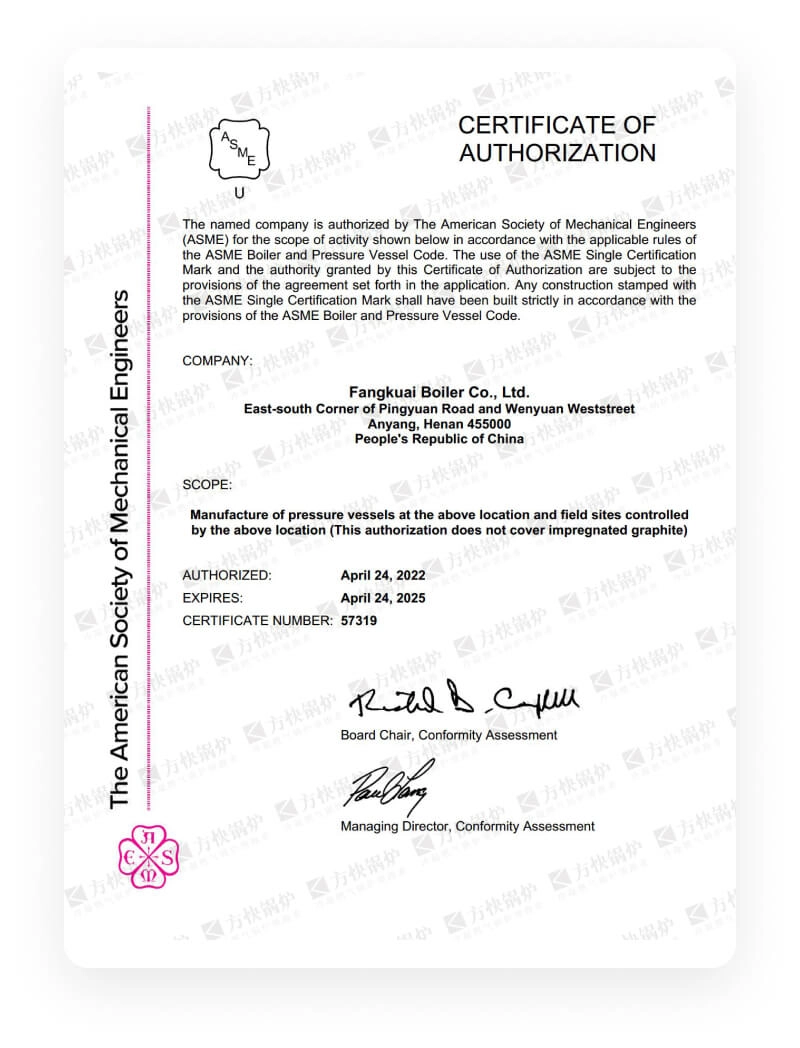Heating Boiler Purchasing Guide|Safety, Energy Saving, and Environmental Protection
date: 2024-09-11
Page preview:

Types of Heating Boilers
Heating boilers can be divided into many types according to the type of fuel, mainly including the following:
Electric Heating Boiler(Electric Hot Water Boiler):
Electric heating furnace or electric hot water boiler is a boiler that converts electrical energy into thermal energy to directly release heat or circulate heat medium in the heating pipe to meet the heating needs.
In some special environments, such as oil fields, gas stations, railway stations, gunpowder depots, etc., where open flame heating must be avoided, electric heating boilers are highly favored due to their high safety and pollution-free characteristics.
Electric heating boilers can be used in conjunction with heat storage systems to achieve heat storage heating. This method can take advantage of the price difference of electricity in different time periods, store electricity in the low-price period and convert it into heat energy, and then release the heat energy during the peak heating period. This can not only reduce operating costs, but also improve energy efficiency.
Advantages:No pollution, low noise, thermal efficiency up to 98%, electric boiler is small in size, does not take up too much space, the installation process is relatively simple, just connect the electric boiler to the power supply and water pipe
Gas Heating Boiler(Gas Hot Water Boiler):
Gas heating boilers use gas (such as natural gas, liquefied gas, city gas, biogas, etc.) to heat boiler water to meet people's heating needs. It is also the most commonly used type of heating boiler.
Gas heating boilers have high thermal efficiency, and some condensing boilers can even reach over 100%. This means that it can convert more fuel energy into heat energy, thereby reducing energy consumption.
Due to the relatively low price of natural gas and the full combustion and high thermal efficiency of gas heating boilers, their operating costs are relatively low.
Gas heating boilers have a variety of protection devices, such as overpressure alarm system, water shortage alarm system, etc., which improve the safety factor of the boiler. At the same time, its design also takes into account safety measures such as antifreeze to ensure safe use in cold areas
Advantages: safe and reliable, high thermal efficiency, relatively low natural gas price, wide range of application, and less pollutants generated during the combustion process of gas heating boilers. Therefore, in areas with high environmental protection requirements, such as urban core areas, scenic spots, etc., gas heating boilers are a more ideal choice.
Coal-fired heating boiler(Coal-fired Hot Water Boiler):
Coal-fired heating boilers use the heat energy released by coal combustion to exchange heat with water, thereby generating steam or hot water for heating or hot water supply.
Coal-fired heating boilers are mature in technology, stable and reliable, with long working hours and long service life, and can meet a large number of usage needs. However, with the improvement of environmental awareness, choosing low-emission and low-pollution boiler products has become a consensus among more and more people. When purchasing a coal-fired heating boiler, it is necessary to consider whether it complies with local environmental protection policies.
Oil Heating Boiler(Oil Hot Water Boiler):
According to the fuel oil, it can be divided into light oil heating boiler and heavy oil heating boiler. Light oil refers to diesel or kerosene, etc.; heavy oil refers to the remaining heavy oil after gasoline and diesel are extracted from crude oil.
Modern oil-fired heating boilers are equipped with advanced control systems that enable automated operation and remote monitoring, improving the convenience and safety of operation.
It should be noted that fuel prices are greatly affected by price fluctuations in the international market, which may lead to unstable heating costs.
Advantages: high combustion efficiency, reduced energy waste, relatively low emissions, suitable for various heating scenarios, including home, commercial and industrial fields
Recommendations for choosing a heating boiler
When choosing a heating boiler, you can refer to the following suggestions:
Consider the heating scenario:
Choose the appropriate power according to the size of the space in the use scenario. For example, for an area of 100 square meters, at least a 10-kilowatt electric boiler is required.
Evaluate product functions:
Choose a boiler with intelligent control functions, such as a CNC electric boiler, which can achieve fully automatic operation and reduce manual intervention.
Ensure that the boiler has safety designs such as water and electricity separation to improve safety of use.
Investigate the strength of the manufacturer:
Choose a large-scale and professional manufacturer to ensure product quality and after-sales service.
Avoid choosing products with extremely low prices but no quality assurance to avoid more problems during use.
Focus on energy conservation and environmental protection:
Give priority to boiler products that meet energy conservation and emission reduction standards, such as high-efficiency and energy-saving gas heating boilers or oil heating boilers.
Consider the heat conversion rate and energy efficiency ratio of the boiler, and choose products with high thermal efficiency and low energy consumption.
Consider installation and maintenance:
Understand the installation requirements and processes of the boiler to ensure a smooth installation process.
Ask the manufacturer about the after-sales service policy, including support for maintenance, troubleshooting, etc.
There are many types of heating boilers, and the selection needs to be based on specific needs and scenarios. It is also very important to pay attention to product functions, manufacturer strength, energy saving and environmental protection, installation and maintenance, etc. If you are interested in heating boilers, please contact our technical engineers.


